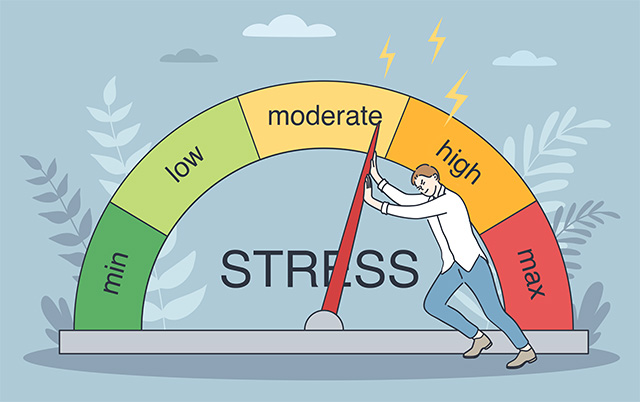Dialectical Behavior Therapy (DBT) is a type of Cognitive Behavioral Therapy (CBT) that was developed in the late 1990s by Dr. Marsha Linehan with the goal of treating Borderline Personality Disorder (BDP). Since that time, DBT has been found to successfully treat many different mental health problems, especially those that involve a difficulty regulating emotions such as ADHD, Bipolar Disorder, Eating Disorders, Major Depression, and Generalized Anxiety Disorder.
The main goals of DBT are to teach people how to live in the moment, regulate their emotions, develop and maintain healthy relationships, and cope with distress. Because the goals are universally valuable, DBT skills have been well-established in the therapy community as a set of useful tools to develop no matter what brings a patient into treatment.
Continue reading →





